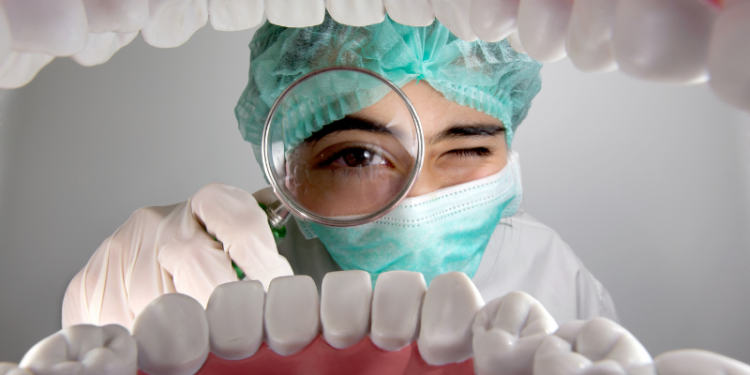Dentistry, a branch of medicine focused on the diagnosis, prevention, and treatment of oral diseases, plays a vital role in maintaining overall health and well-being. Central to the field of dentistry are the professionals known as dentists. Through their expertise, dentists not only treat dental issues but also educate patients on proper oral hygiene practices, preventing numerous dental problems. This article delves into the significant role dentists play in promoting oral health and discusses the various aspects of their profession.
The Duties of a Dentist
Dentists are highly trained healthcare professionals responsible for diagnosing and treating oral health issues. Their duties encompass a wide range of tasks, including:
- Routine Check-ups and Cleanings: Regular dental visits are crucial for maintaining oral health. Dentists perform comprehensive examinations to detect any signs of dental problems early on. They also conduct professional cleanings to remove plaque and tartar buildup, which can lead to gum disease and tooth decay if left untreated.
- Treatment of Dental Issues: From cavities to gum disease to tooth loss, dentists are equipped to address various dental issues. They perform procedures such as fillings, root canals, and extractions to alleviate pain and restore oral health.
- Cosmetic Dentistry: Dentists also offer cosmetic dental procedures to enhance the appearance of patients’ smiles. These may include teeth whitening, veneers, and orthodontic treatments like braces or clear aligners.
- Educating Patients: One of the essential roles of dentists is educating patients about proper oral hygiene practices. They provide guidance on brushing and flossing techniques, the importance of a balanced diet for oral health, and habits to avoid, such as smoking and excessive sugary snacks.
- Preventive Care: Dentists emphasize the importance of preventive care to minimize the risk of dental problems. They may recommend treatments like dental sealants or fluoride applications to protect teeth from decay.
Education and Training
Becoming a dentist requires extensive education and training. Typically, it involves the following steps:
- Undergraduate Education: Aspiring dentists must complete a bachelor’s degree, preferably in a science-related field, although some dental schools accept students with diverse academic backgrounds.
- Dental School: Following undergraduate studies, students enroll in a four-year Doctor of Dental Surgery (DDS) or Doctor of Dental Medicine (DMD) program at an accredited dental school. Here, they receive comprehensive training in all aspects of dentistry, including classroom instruction, laboratory work, and clinical experience.
- Licensing: After graduating from dental school, individuals must obtain a state license to practice dentistry. Licensing requirements vary by state but generally include passing written and practical exams administered by the National Board Dental Examinations and fulfilling other state-specific criteria.
- Continuing Education: Dentistry is a continually evolving field, with new technologies and techniques emerging regularly. Therefore, dentists are required to participate in continuing education courses to stay updated on the latest advancements and maintain their licensure.
The Importance of Regular Dental Visits
Regular visits to the dentist are essential for maintaining optimal oral health. These appointments not only enable dentists to detect and treat dental issues early but also provide an opportunity for preventive care and patient education. By prioritizing dental check-ups and cleanings, individuals can prevent more significant problems down the line and ensure a lifetime of healthy smiles.
Conclusion
Dentists play a crucial role in promoting oral health and overall well-being. Through their expertise, they diagnose, treat, and prevent a wide range of dental issues, helping patients achieve and maintain healthy smiles. By prioritizing regular dental visits and following their dentist’s recommendations for oral hygiene and care, individuals can enjoy the benefits of optimal oral health for years to come.














